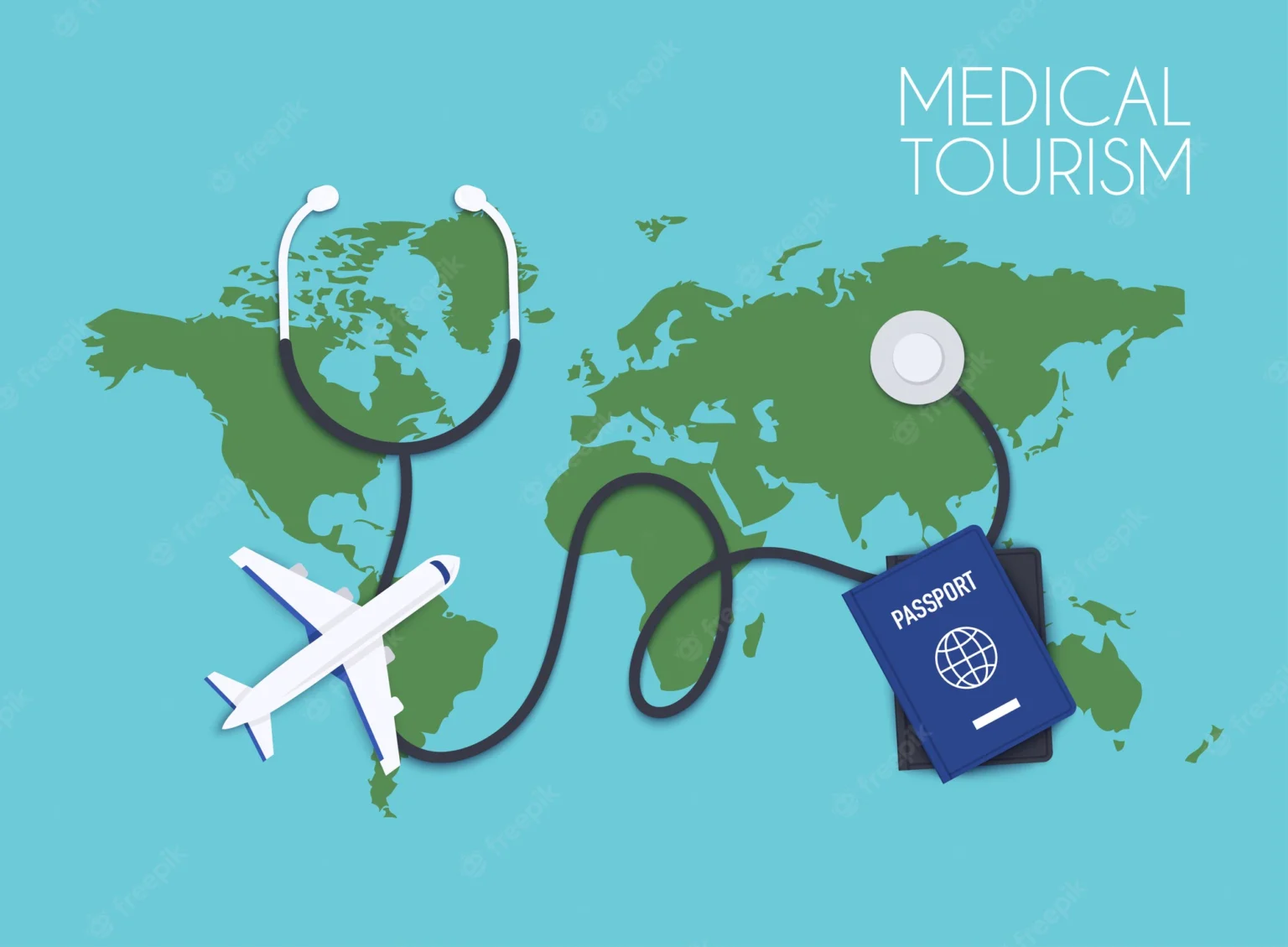The African continent is home to some of the most beautiful and diverse countries in the world. From its vast deserts and savannas to its lush rainforests, Africa has something for everyone. But what many people don’t know is that Africa has great potential as a medical tourism hub.
Medical tourism refers to travelling abroad for medical care or treatments not available at home or which are more expensive there than elsewhere. With this in mind, it’s easy to see why Africa could become an attractive destination for those seeking quality healthcare services at lower costs than they would find back home.
Medical tourists mainly seek services related to cosmetic surgery, fertility treatments, dental work, orthopaedics, and cardiac care. These services are often sought due to their relative affordability in the destination country and the expertise and high quality of care that can be found in some of these countries. Other services that are sought after by medical tourists include alternative treatments, such as traditional Chinese medicine and ayurveda, as well as specialized treatments, such as stem cell therapy.
Medical tourism market share for the cosmetic segment was US$12,603.8 million in 2018 and is predicted to grow at a CAGR of 11.9 per cent in the forecast period. Cancer treatment is predicted to have the fastest growth rate in the forecast period. The medical tourism market share for cancer treatment was US$2,638.0 million in 2018 and is predicted to grow at a CAGR of 14.2 per cent during the forecast period. Cancer treatment is anticipated to grow due to the rise in cancer cases. Many patients are opting for their cancer treatment overseas for better treatment.
Also Read: Kenya: Destination Medical Tourism
According to the Medical Tourism Association (MTA), an estimated 14 million people travel to other countries for medical care on an annual basis. This increase in medical tourism can be attributed to the advancements in the healthcare industry, such as the introduction of medical devices and non-invasive surgical procedures. This trend is particularly notable in high-income countries such as the United States.
Africa is becoming an increasingly attractive destination for medical tourism, and with good reason. According to a recent survey conducted by the World Tourism Organization (UNWTO), Africa’s medical tourism industry has grown significantly in recent years. In fact, between 2018 and 2019 alone, spending on African medical tourism increased by over 18 per cent.
This growth can be attributed to several factors. For one thing, healthcare costs are much lower in many African countries. This makes it easier for tourists from wealthier nations to afford treatments. But perhaps most importantly is Africa’s growing reputation as a safe and welcoming destination for international travellers looking both leisure activities as well as health services abroad. As such , more people feel comfortable visiting this continent knowing they will receive quality care while also being able enjoy all its natural beauty too.
All these factors indicate promising future ahead when it comes to potential of Medical Tourism Hubs throughout the entire continent. As such it appears clear enough already that if right steps taken then surely we can expect increasing numbers of travellers arriving to seek out treatments offered here each passing year.
However, certain things have to be done to tap into the potential of medical tourism in Africa. Medical tourism in Africa has been failing due to a lack of infrastructure and access to medical care. In many African countries, there is a shortage of trained medical staff and medical facilities, making it difficult for people to receive the care they need. Additionally, the cost of medical care is often prohibitively expensive, making it difficult for people to afford the treatments they need. Additionally, the lack of a unified healthcare system across many African countries makes it difficult for medical tourists to currently access the care they need.
When former Zimbabwean president Robert Mugabe passed away at a Singapore hospital in September of 2019, he joined a number of African leaders who had to seek medical treatment overseas. In 2017, Nigerian president Muhammadu Buhari travelled to the UK for a period of 4 months for medical treatment. Benin president Patrice Talon also visited France in May of the same year for an undisclosed illness. In October of 2018, Ali Bongo, the president of Gabon, suffered a stroke and had to be rushed to a hospital in Saudi Arabia.
Sadly, some African leaders did not make it back, with Zambia’s Levy Mwanawasa passing away in France, Ethiopia’s Meles Zenawi in Belgium, and Gabon’s Omar Bongo in Spain. The list of political medical tourists is long, and the risks of leaving one’s country for medical treatment have been highlighted by the death of these African leaders.
African leaders have the potential to unite and form partnerships to improve the health sector in their respective countries. This could include working together to improve access to healthcare, developing healthcare infrastructure, increasing funding for healthcare services, and training and educating healthcare professionals. Additionally, African countries could work together to share resources, such as medical equipment and supplies, as well as exchanging best practices and collaborating on research and development. By working together, African countries can make significant improvements to their healthcare sectors and help provide better healthcare for their citizens.
